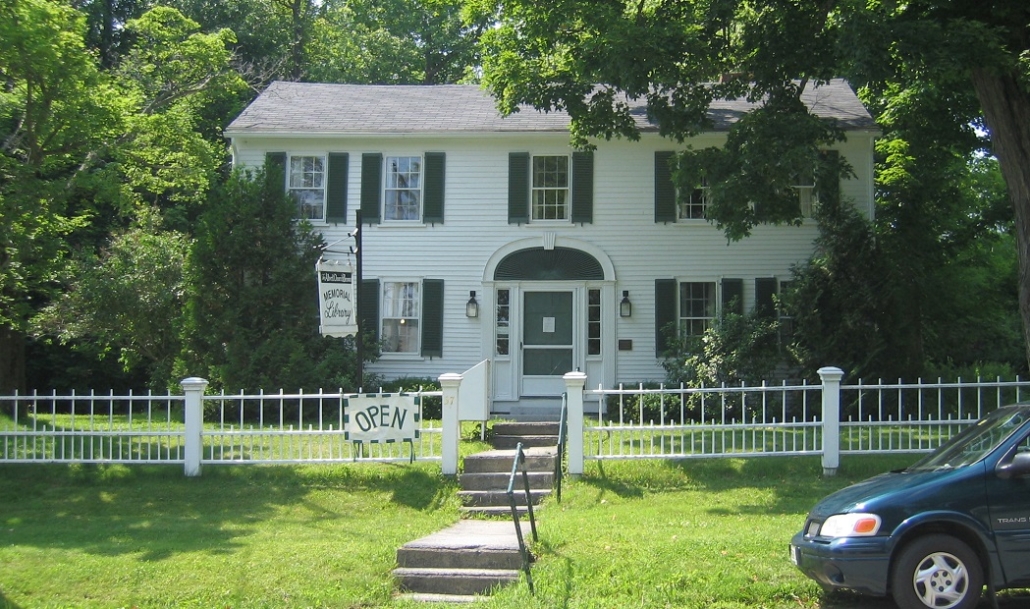China planners approve solar farm on Windsor Rd.
 by Mary Grow
by Mary Grow
After a lightly attended March 12 public hearing, China planning board members approved Perennial Sand Pit Solar’s planned community solar farm in a gravel pit on the west side of Route 32 (Windsor Road) in southern China (see The Town Line, issues of Feb. 22, p. 3, and March 7, pp. 2 and 3).
Before the unanimous decision, board chairman Toni Wall read an email from abutting landowner David Orr opposing the project. Applicants Nick Lacasse, of Perennial Sand Pit Solar, in Hallowell, and Andrew Johnston, of Atlantic Resource Consultants, in Freeport, answered questions from board and audience members.
On another issue, Chris Harris attended the March 12 meeting to talk again about his proposed subdivision on the north side of Route 3. Board members found his application complete and scheduled a public hearing for their March 26 meeting.
The March 26 meeting will include another public hearing, on proposed changes to China’s Land Use Ordinance to incorporate relevant parts of the new state housing law, commonly called LD 2003. Wall commented that town attorney Amanda Meader “did a really nice job” revising the ordinance.
Codes officer Nicholas French explained that with voter approval, the ordinance will allow up to two more “dwelling units” on some lots with single-family houses. One of the new units must be inside or attached to the original building; the other can be separate.
Turning to the proposed solar ordinance, planning board members unanimously approved the only change recommended by select board members at their March 11 meeting. The result is deletion of the sentence requiring that solar energy systems with more than two acres of panels “be further buffered such that they are not visible year-round from public roads.”
Members of both boards agreed that the requirement would be impossible to meet in some places in town; and that because of other buffering requirements, it is unnecessary.
The March 26 planning board meeting is scheduled for 6:30 p.m. in the town office meeting room.





 Because ice went out on China Lake on a record date of March 11, 2024, the contest officially ended on that day.
Because ice went out on China Lake on a record date of March 11, 2024, the contest officially ended on that day. To the editor:
To the editor: There will be a Town of China Republican Caucus on Thursday March 14, 2024 at 6:30 p.m. The purpose of a Maine Republican town caucus is to elect delegates and a delegation chairman to the Maine Republican State Convention to be held April 26 and 27, 2024; to elect representatives to the Kennebec County Republican Committee; to elect the officers of the Town of China Republican Committee; and to review and ratify bylaws for the town committee. Republican candidates for state and local offices present will be given an opportunity to speak. Any registered Republican voter in the Town of China can participate. The caucus will convene in the portable building behind the town office at 6:30 p.m.
There will be a Town of China Republican Caucus on Thursday March 14, 2024 at 6:30 p.m. The purpose of a Maine Republican town caucus is to elect delegates and a delegation chairman to the Maine Republican State Convention to be held April 26 and 27, 2024; to elect representatives to the Kennebec County Republican Committee; to elect the officers of the Town of China Republican Committee; and to review and ratify bylaws for the town committee. Republican candidates for state and local offices present will be given an opportunity to speak. Any registered Republican voter in the Town of China can participate. The caucus will convene in the portable building behind the town office at 6:30 p.m.

